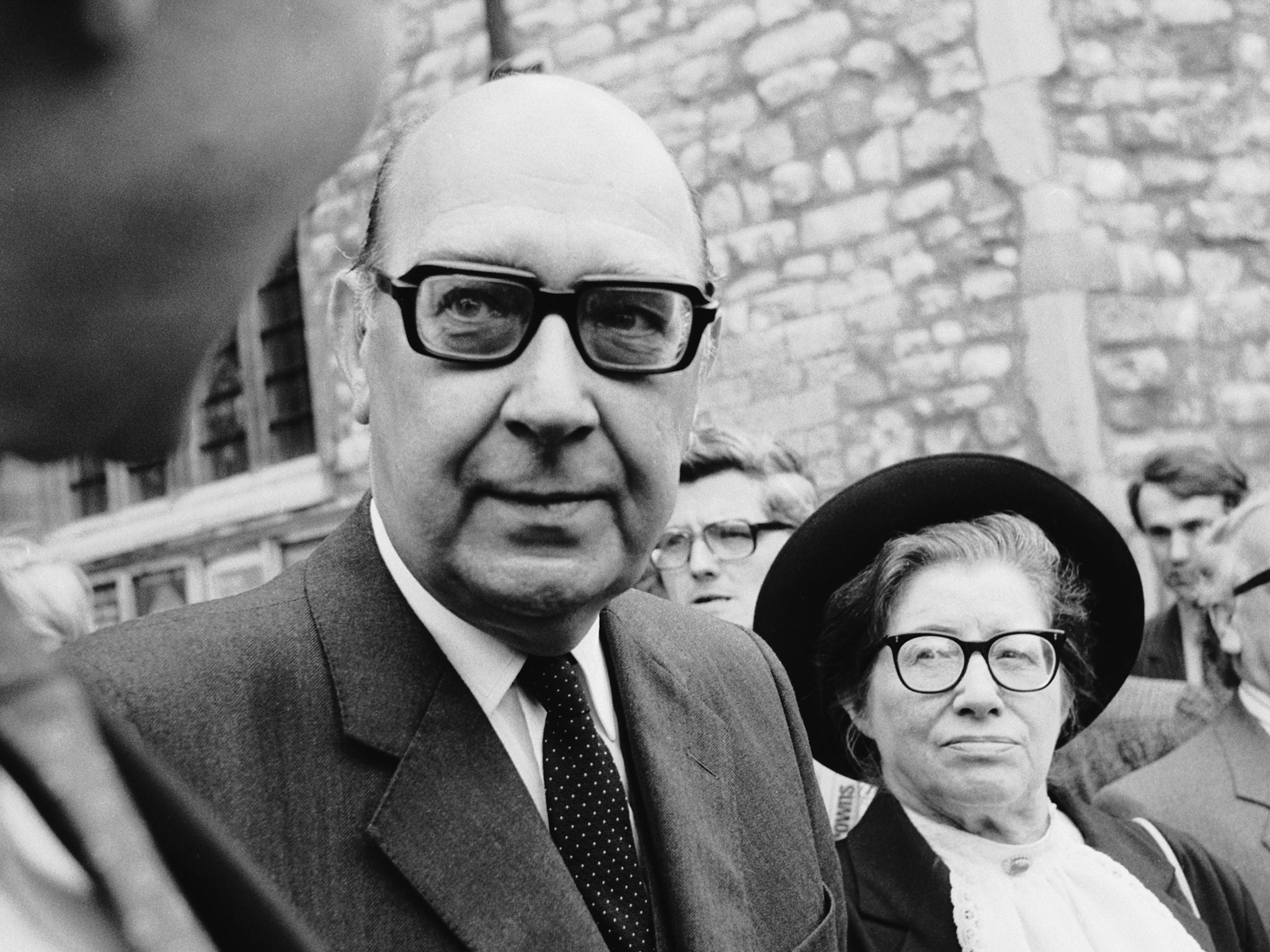Paperback reviews: From Philip Larkin: Life, Art and Love, by James Booth to West With the Night, by Beryl Markham
Also The Arsonist, by Sue Miller, The Lagoon: How Aristotle Invented Science, by Armand Marie Leroi and The Moor’s Account, by Laila Lalami

Philip Larkin: Life, Art and Love, by James Booth - Bloomsbury £9.99
Those of us who never warmed to Larkin the man or poet, will have our aversions challenged by this sympathetic but different account of his life and work. Booth is a former colleague of Larkin’s at the University of Hull, so he might be expected to be somewhat partisan, but the sense of personal knowledge is valuable here, a sense that enriches and enlivens this portrait.
Perhaps it’s because we see Larkin as more emotionally available than before. Booth, who previously edited the early girls’ school stories that Larkin wrote while at university, has an interesting take on what some have seen as soft-porn encounters. He argues for them as “complex genre-gender adventures”; not as a result of sexual timidity on Larkin’s part but as a need to experiment, to try out the female voice. They can be seen as part of Larkin’s slow coming-to-consciousness as he attempts to establish himself as a novelist, too – all en route to privileging poetry as his primary art form.
The sexual Larkin is not a prurient one, despite the sometimes dubious letters with Kingsley Amis, and is not a buttoned-up one, either. Viewing Larkin through his relationships with women later in his life, we see a man with more bohemian urges, as he rejects marriage but not sexual interaction, as he struggles to be honest with his long-term lover Monica Jones, for example, while becoming increasingly emotionally involved with Maeve Brennan. We see his poetry mature through the complexity of his relationships with both these “muses”.
There is something forever 1950s about Larkin – the post-war, downbeat, greyish era, when parts of cities still looked like bomb sites and rationing still existed. This biography makes him feel a little more contemporary, a little more recognisable to today’s audience. And thus, perhaps, does the same for his poetry, too.
The Arsonist, by Sue Miller - Bloomsbury £8.99
The tricky thing about Sue Miller is that she makes writing look so effortless, and the psychological development of her characters so natural, that it’s easy to underestimate the artistry of her novels. That said, however, this latest one somehow fails to engage to the same extent as past work such as While I was Gone, though all the right ingredients are here. Frankie is a somewhat estranged daughter who has returned from her NGO work in different parts of Africa to her parents’ home in New Hampshire. Never quite connecting with her mother, she relates slightly better to her father, but he is now in the early stages of what appears to be Alzheimer’s. At the same time, somebody in the town, who presumably resents those who buy up properties to live in during the summer months only, has been setting fire to these vacant houses. Twice-divorced Bud has left New York journalism for work in this small town, too, and he and Frankie become involved. Somehow, though, the various elements of the story don’t quite come together.
The Lagoon: How Aristotle Invented Science, by Armand Marie Leroi - Bloomsbury £9.99
Even those of us who struggle with a very basic knowledge of the history of science can grasp what Leroi is teaching us in this often lovely study. Leroi brings together the personal, when he describes his own tracing of Aristotle’s footsteps, with the philosophical, as he explores Aristotle’s ideas, and the scientific. Aristotle, as he points out, got a lot of things wrong both about how the human body works, and how those of animals and fish work too, because he tended to infer causal relationships when similar sets of features existed. But the very act of comparison is what makes him so relevant, Leroi argues. There are some surprisingly modern attitudes, too (women like sex), to make for a more cohesive history than might be expected.
The Moor’s Account, by Laila Lalami - Periscope books - £9.99
Lalami’s Man Booker-longlisted novel is the account by a slave, Estebanico, of a 16th-century incursion into the east coast of America. Born Mustafa to a family on the Barbary Coast, he sells himself into slavery so that his starving relatives may eat. Mustafa eventually ends up owned by Narvaez, a Spanish conquistador whose dream is to conquer the new America. It’s a slow build as the group makes its way across treacherous terrain, falling to “Indians”, inhospitable weather, disease and suchlike, and Lalami packs it with as much brutality as she considers the reader can bear. It makes for a highly convincing account of what conditions on this journey must have been like, and Mustafa/Estebanico is a convincing voice.
West With the Night, by Beryl Markham - Virago £9.99
Markham was probably the only female freelance pilot in the whole of Africa during the 1930s and she comes across in this memoir, first published in 1942, as an extraordinary character who is full of courage and bravado. Some of us today might quail at her easy contemplation of death, especially when it comes to operating as a guide to foreign hunters out to shoot and kill game such as lions. But her story also gives a clear-eyed account of what it means to be living so close to nature, and the kind of demands that such living makes on human beings. Hers is a slightly anachronistic voice, perhaps, but this is nonetheless an often fascinating insight into a country and an era.
Subscribe to Independent Premium to bookmark this article
Want to bookmark your favourite articles and stories to read or reference later? Start your Independent Premium subscription today.

Join our commenting forum
Join thought-provoking conversations, follow other Independent readers and see their replies